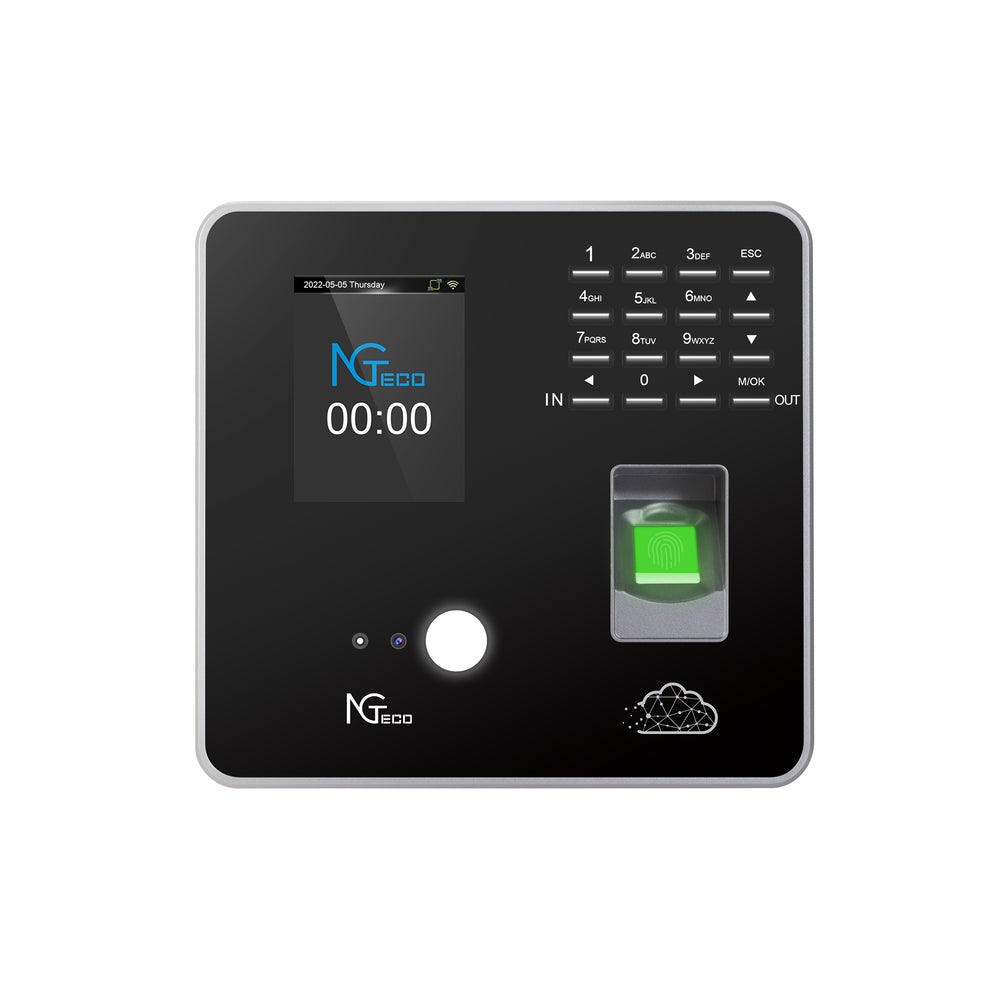Unlocking Efficiency: The Ultimate GPS-Enabled Time Clock Solution You Can't Miss!
In today's fast-paced working environment, keeping track of employee hours is more than just a necessity—it's a fundamental aspect of operational efficiency. Enter employee time clocks with GPS features, a modern solution that is rapidly becoming essential for many businesses. These innovative systems not only streamline time tracking but also enhance accuracy and accountability, ensuring that every minute worked is accounted for. As organizations increasingly embrace remote work and mobile workforces, the need for reliable timekeeping solutions grows. This article aims to explore GPS-enabled time clocks in detail, highlighting their benefits, features to consider when purchasing, and insights into implementation, all while guiding you in making an informed decision for your business.

Understanding GPS-Enabled Time Clocks
GPS-enabled time clocks are technologically advanced systems that utilize Global Positioning System (GPS) technology to track the location and hours worked by employees. Unlike traditional timekeeping methods, which often rely on manual entries or fixed locations, GPS time clocks allow for real-time tracking of employee movements and attendance. This capability is particularly beneficial for organizations with a mobile workforce, such as construction companies or field service providers, where employees may be working in various locations throughout the day. By integrating GPS tracking with time clocks, businesses can ensure that employees are clocking in and out at the correct sites, thus enhancing accountability and reducing the risk of time theft. The underlying technology involves satellites communicating with GPS receivers, enabling precise location tracking, which is crucial for accurate time management.
Benefits of Using GPS Time Clocks
The advantages of implementing GPS time clocks in your organization are numerous. First and foremost, these systems significantly improve accuracy in time tracking. Traditional methods often lead to discrepancies due to human error or intentional manipulation. Studies have shown that businesses using GPS-enabled time clocks see a reduction in time theft by up to 30%. Additionally, GPS time clocks facilitate better management of a mobile workforce. Employers can monitor employee locations and hours worked in real-time, allowing for more efficient scheduling and resource allocation. Another benefit is the enhanced reporting capabilities these systems provide. With detailed analytics on employee hours, businesses can make informed decisions regarding payroll and staffing. Overall, implementing a GPS time clock can lead to increased productivity and lower operational costs, making it a worthwhile investment for many companies.
Key Features to Look For
When selecting a GPS-enabled time clock, several key features should be considered to ensure you choose the best solution for your organization. User-friendliness is paramount; the system should be intuitive for employees to use without extensive training. Additionally, robust reporting capabilities are essential, allowing managers to generate detailed reports on employee hours and locations. Integration with payroll systems is another critical feature, as it simplifies the payroll process and minimizes errors. Mobile accessibility is also important, enabling employees to clock in and out from their smartphones regardless of location. Other features to look for include geofencing capabilities, which notify managers if an employee clocks in or out outside designated areas, and customizable alerts that can help maintain compliance and monitor attendance. By focusing on these features, you can choose a GPS time clock that meets your operational needs effectively.
Implementation Considerations
Implementing a GPS time clock system requires careful planning and execution to ensure a smooth transition. First, organizations should invest time in employee training to familiarize staff with the new system. It's essential to communicate the benefits of the GPS time clock to alleviate any concerns regarding privacy or surveillance. Additionally, data privacy must be a priority, ensuring that employee location data is handled responsibly and in compliance with relevant regulations. Organizations should also review labor laws to confirm that their use of GPS tracking is compliant, particularly concerning employee consent and monitoring practices. Establishing clear policies around the use of GPS time clocks will help mitigate any potential issues and foster a culture of trust and transparency within the workplace. Lastly, it’s beneficial to have a dedicated support team available during the implementation phase to address any technical challenges that may arise.
Common Myths and Misconceptions
Despite the growing popularity of GPS time clocks, several myths and misconceptions persist that can deter businesses from adopting this technology. One common concern is the belief that GPS tracking invades employee privacy. However, when implemented transparently and ethically, GPS systems can be utilized to enhance accountability rather than surveil employees. Another misconception is that GPS time clocks are only suitable for specific industries, such as construction or delivery services. In reality, any organization with a mobile workforce or remote employees can benefit from these systems, regardless of the industry. Additionally, some employers worry that GPS time clocks are too complicated to manage. In truth, many modern systems are designed to be user-friendly and provide comprehensive support. By addressing these misconceptions, businesses can make informed decisions about incorporating GPS-enabled time clocks into their operations.
Enhancing Operational Efficiency with GPS Time Clocks
In summary, GPS-enabled time clocks represent a significant advancement in employee time tracking, offering numerous benefits including increased accuracy, reduced time theft, and improved management of mobile workforces. By carefully considering the key features, implementation strategies, and common misconceptions discussed in this article, businesses can make informed choices that enhance their operational efficiency. As the workforce continues to evolve, adopting a GPS time clock system is not just a trend but a strategic move toward a more productive and accountable workplace. Take the time to evaluate your options and consider making the transition to improve your time tracking processes today.










Comments